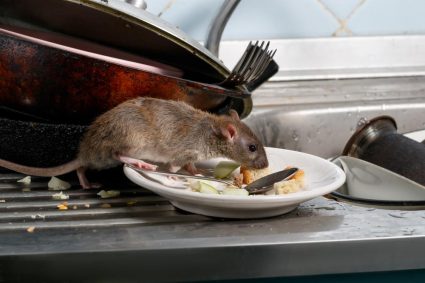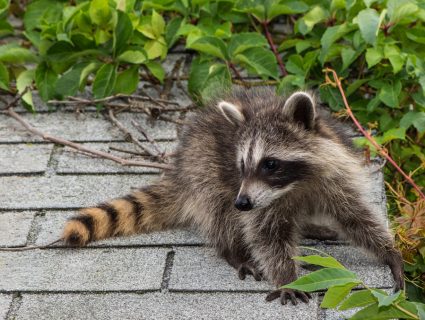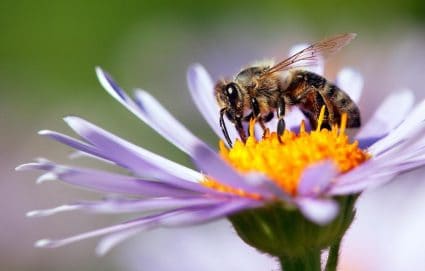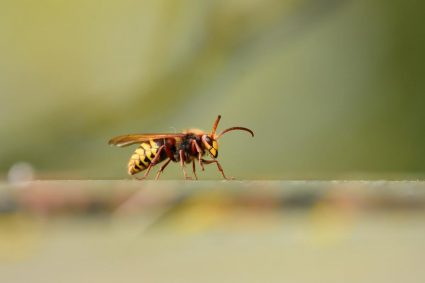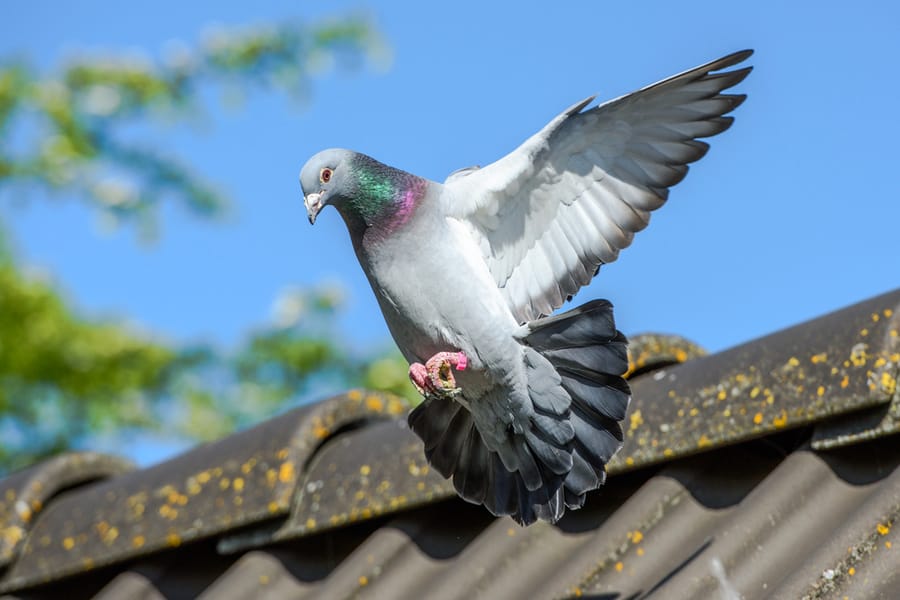
What smell irritates pigeons?
Which odors can be used to scare away pigeons?
When quite far away, what scent can a pigeon detect?
Pigeons are common in cities, but gathering in groups can cause problems. Their excretions have the potential to contaminate the environment and harm buildings and other infrastructure.
Using fragrances that pigeons find unpleasant is one approach to keep them away from different regions.
Strong aromas like those of cinnamon and spicy pepper repel pigeons. Use cinnamon, peppermint, or cayenne pepper blended with water in a spray bottle to keep pigeons away from your property.
Citrus also repels pigeons, especially the scent of:
- Oranges
- Lemons
Some people use citrus-scented sprays to keep pigeons away from certain regions or scatter citrus peels there.
Additionally, it is possible to buy commercial repellents that mimic the smell of hawks or owls, which can be useful in keeping pigeons away.
Various smells can be used as repellents to keep pigeons away.
These fragrances can be used as pigeon repellent, but it is important to note that some may not always work and may not be a long-term solution.
13 Smells Pigeons Hate
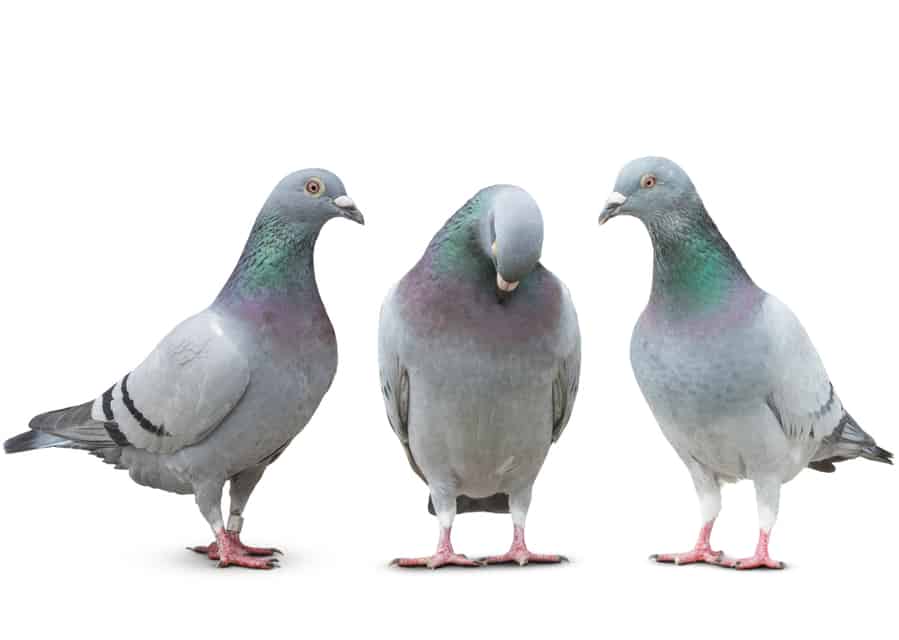
Several odors are thought to repel pigeons. These smells can be used in sprays, diffusers, or by placing specific items, such as citrus peels or bay leaves, in areas where pigeons gather.
Here are several smells that pigeons dislike:
1. Citrus
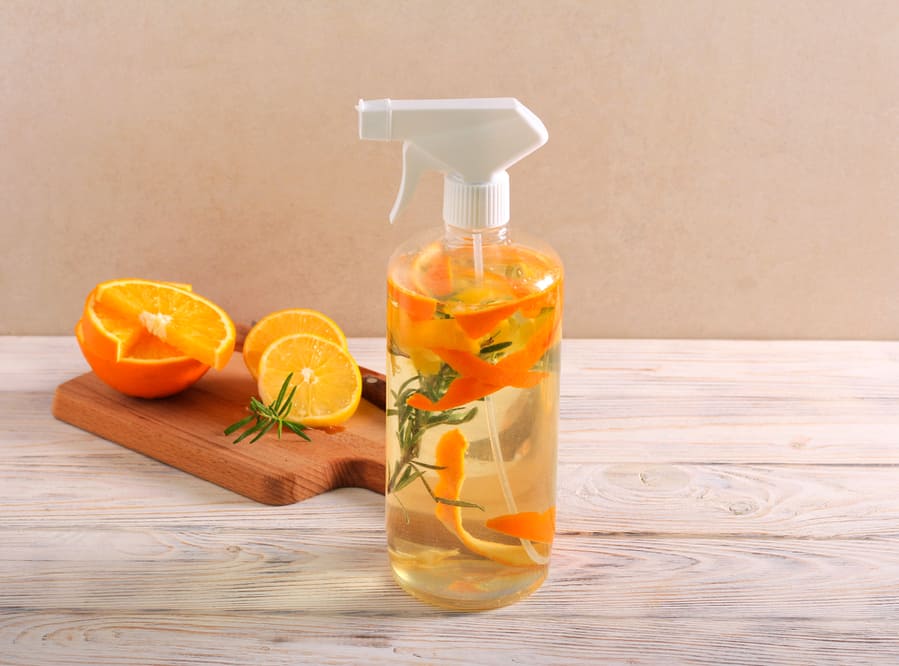
Oranges and lemons are examples of citrus fruits that pigeons find offensive to the smell.
Pigeons can be deterred from undesirable areas by using citrus’s strong, spicy aroma.
Pigeons are thought to find the citrus aroma repulsive, so using it as a repellent can help keep them away from particular regions.
Placing citrus peels in pigeon-gathering locations or using citrus-scented sprays are two methods of using citrus as a repellant.
2. Ammonia
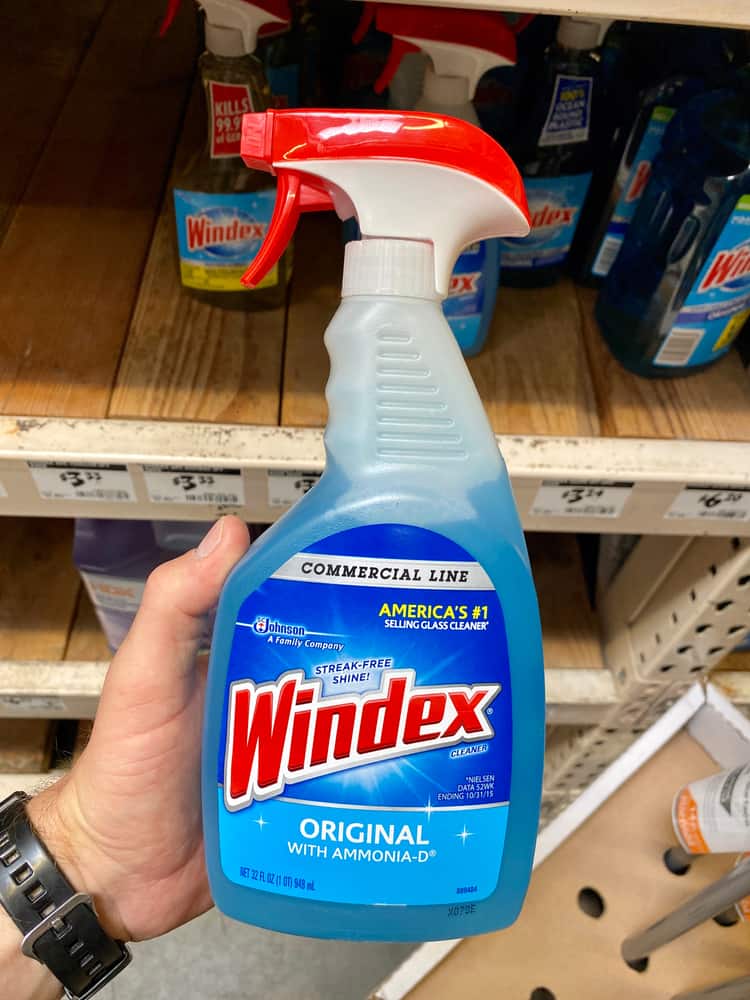
Pigeons can be repelled naturally by using ammonia’s strong, unpleasant smell.
It is said that the smell repels pigeons, and when applied in spray form, it can keep them away from particular regions.
Pigeon roosting and breeding locations can be treated with ammonia and water solution. Spray it there in areas where pigeons congregate.
However, it’s important to note that the stench of ammonia can also be dangerous to humans and other animals, so it should be used cautiously and in well-ventilated places.
3. Peppermint Essential Oil
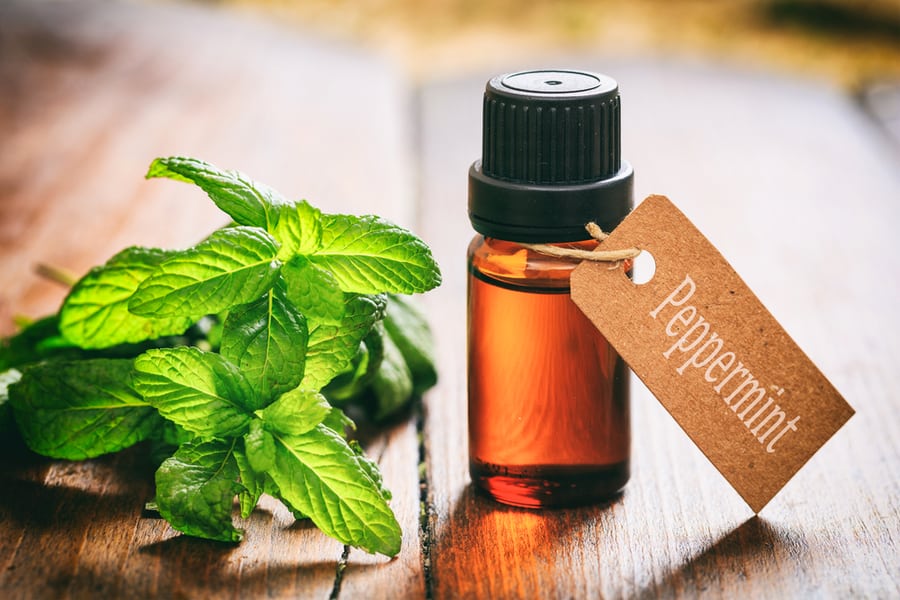
Pigeons do not like the peppermint’s overpowering, minty aroma. They can be kept away naturally by using peppermint oil as a repellant.
Pigeons are thought to be repulsed by the strong aroma, so using it as a repellent can help keep them out of particular places.
They might be scared away by using peppermint oil in a diffuser or spray.
4. Cayenne Pepper
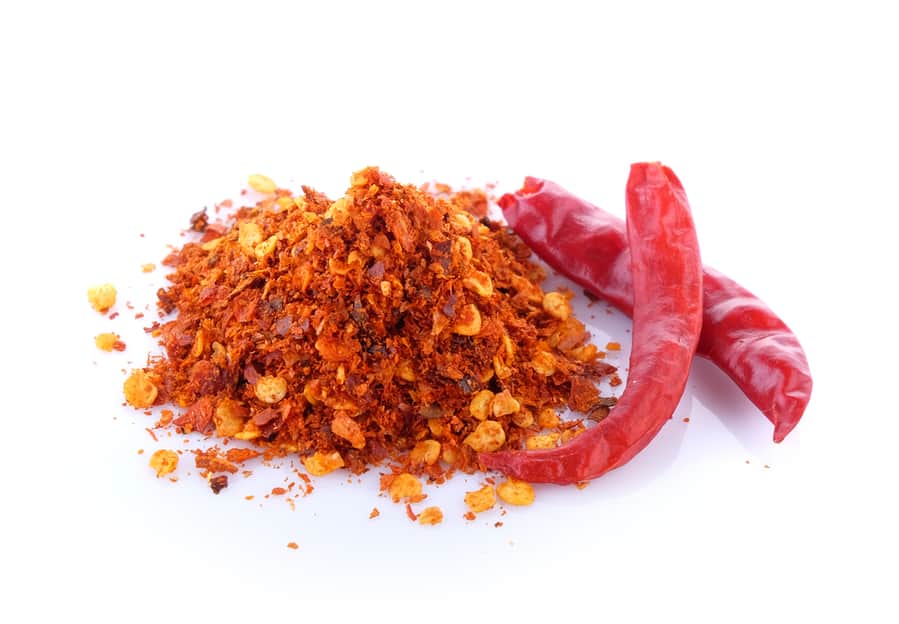
Pigeons can be deterred using cayenne pepper’s potent and spicy fragrance.
The scent, which can be applied as a spray or sprinkled in areas where pigeons gather, is repulsive to them and can be used as a natural deterrent.
Cayenne pepper can be sprinkled in areas where pigeons gather, such as ledges and rooftops, or it can be mixed with water and sprayed in areas where they are a nuisance.
5. Vinegar
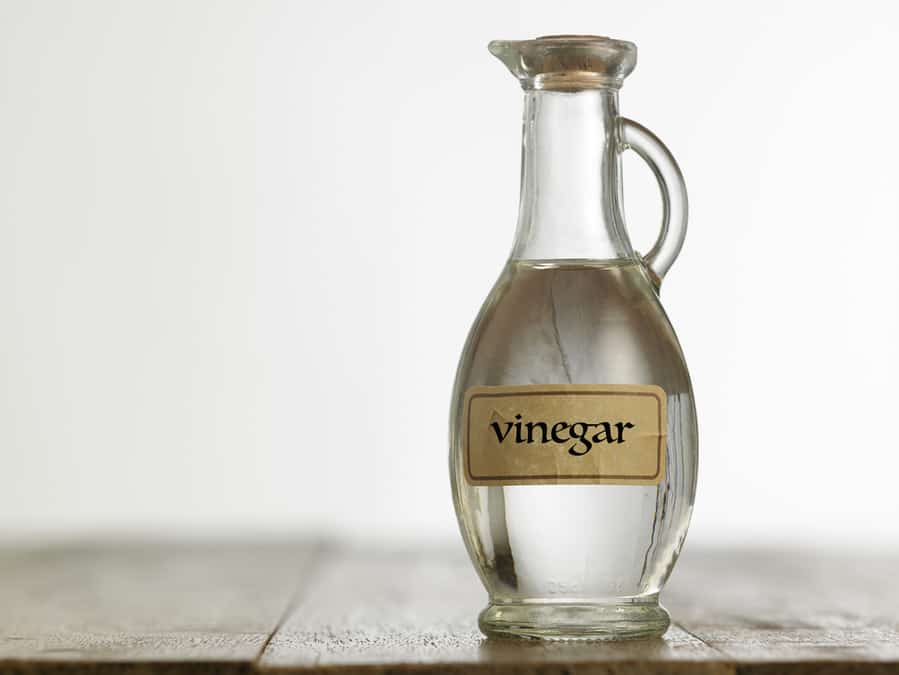
Pigeons do not appreciate the overpowering acidic scent of vinegar.
It can be sprayed on to deter pigeons from entering certain places.
Pigeons may find the acidic scent repulsive, and when applied as a spray, it may be successful in deterring them from undesirable regions.
6. Clove
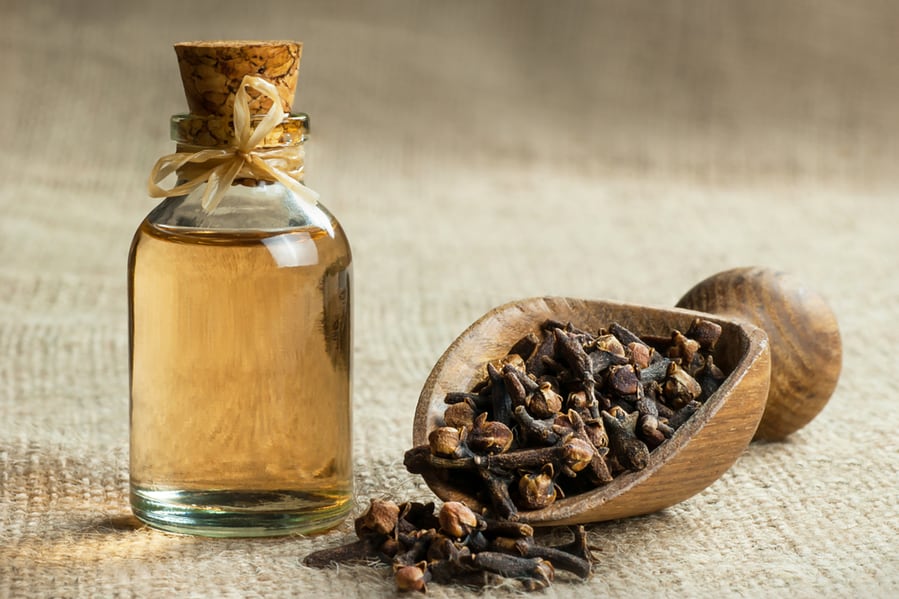
Pigeons do not appreciate the clove’s overpowering aroma.
Pigeons can be naturally deterred from some regions by using clove oil as a repellant.
When pigeons are a problem, clove oil can be sprayed, diffused, combined with water, and sprayed on the problem regions.
Clove is thought to deter pigeons due to its potent aroma.
7. Eucalyptus
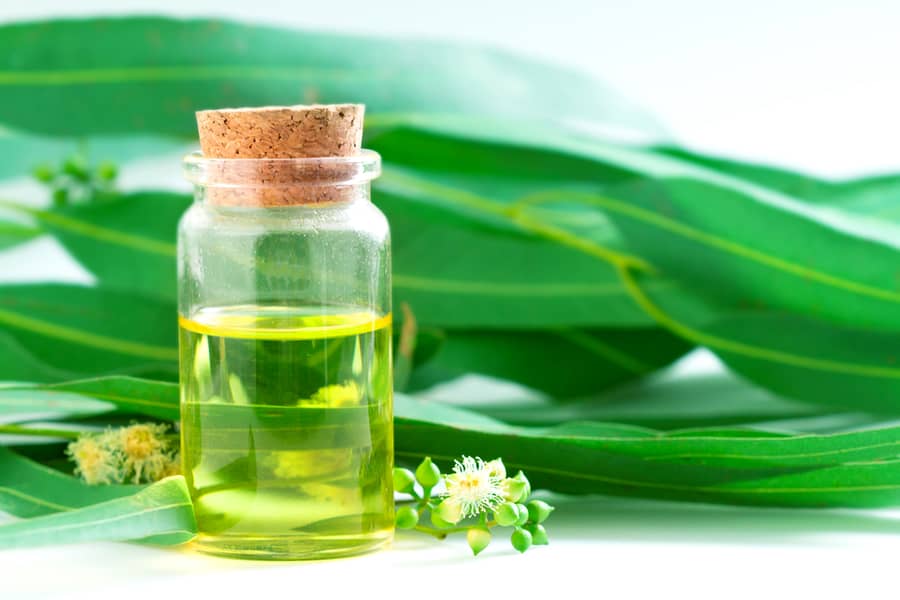
You can deter pigeons with the eucalyptus leaves’ strong scent.
The potent aroma is thought to repel pigeons naturally and can be used as a deterrent.
Pigeon-attracting places can be covered in eucalyptus leaves, or eucalyptus oil can be applied as a spray or diffuser.
8. Pine

The strong, woodsy aroma of pine can be used to repel pigeons.
Pine oil can be used as a natural repellent as a spray or diffuser, or pine needles can be scattered around pigeon-gathering spots to deter them.
The pine fragrance is believed to be unappealing to pigeons and can be used as a repellant.
9. Garlic
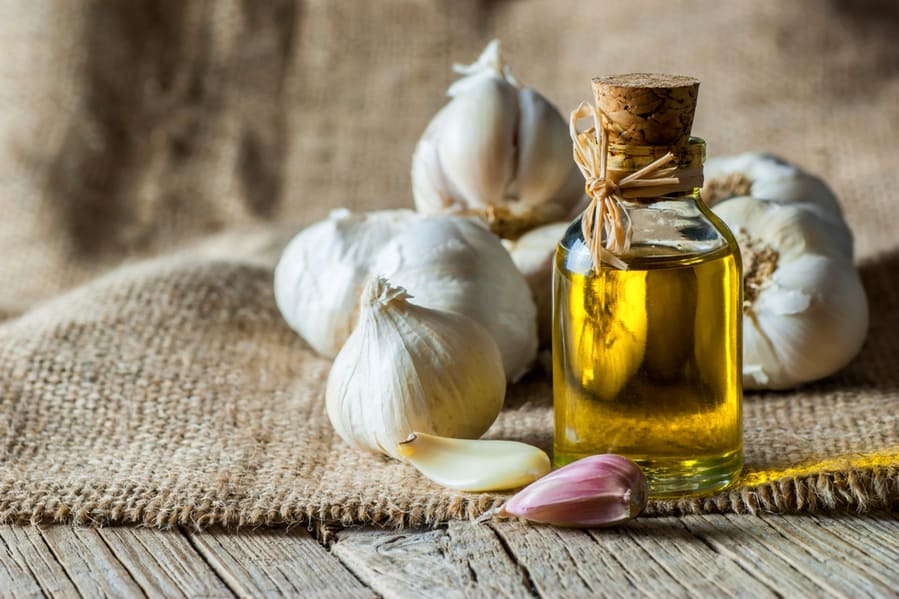
The overpowering aroma of garlic repulses pigeons.
Pigeons can be naturally deterred from congregating in some areas by using:
- Crushed garlic cloves
- Garlic oil
Pigeons can find the strong aroma repulsive, and when used as a deterrent, it can work well to keep them out of places they are not wanted.
10. Mustard

Pigeons do not appreciate the overpowering, pungent smell of mustard.
Pigeons can be naturally deterred from congregating in some regions by applying mustard oil as a repellant.
In regions where pigeons are an issue, mustard oil can be used as a spray or mixed with water and sprayed.
Mustard can be used as a deterrent because of its potent aroma, which is said to be repulsive to pigeons.
11. Mothballs
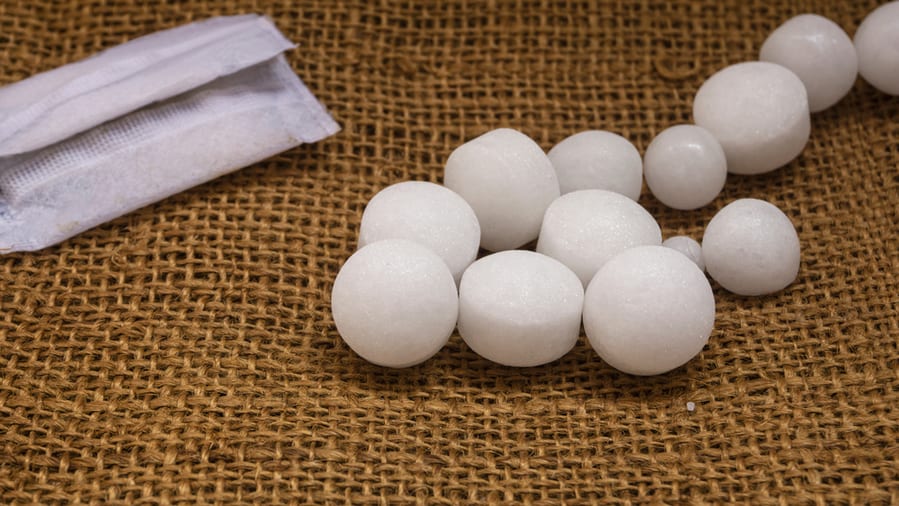
Pigeons can be deterred using mothballs’ potent, offensive odor.
The smell is considered a deterrent to pigeons and can be employed as such.
To keep pigeons away from roosting or nesting locations, mothballs might be positioned there.
12. Bay Leaves
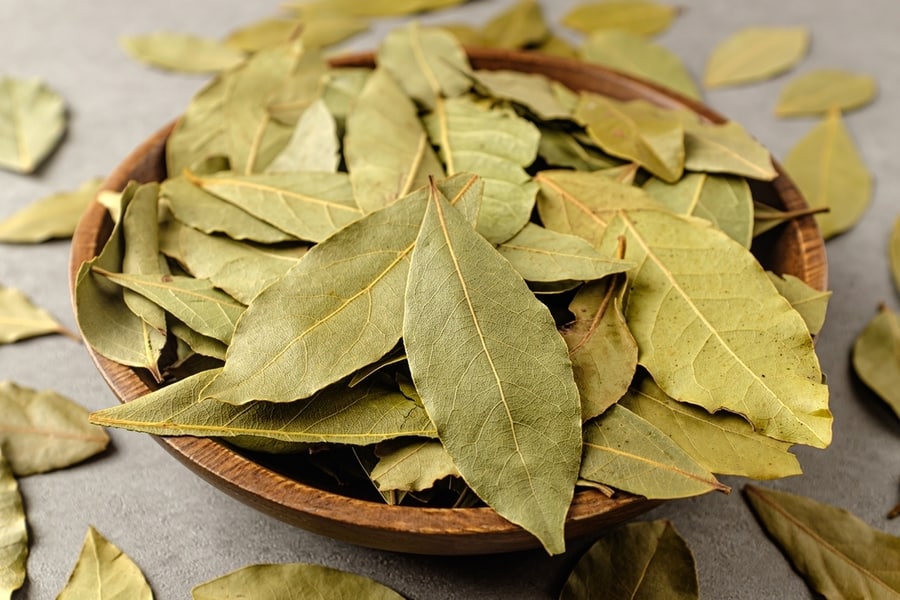
Pigeons dislike the strong, spicy, and offensive scent of bay leaves.
Placing bay leaves in areas where pigeons congregate will act as a natural deterrent to keep them away from certain regions.
Bay leaves can be placed in strategic areas such as roosting, nestings, and feeding areas to deter pigeons from frequenting certain regions.
13. Predator Urine
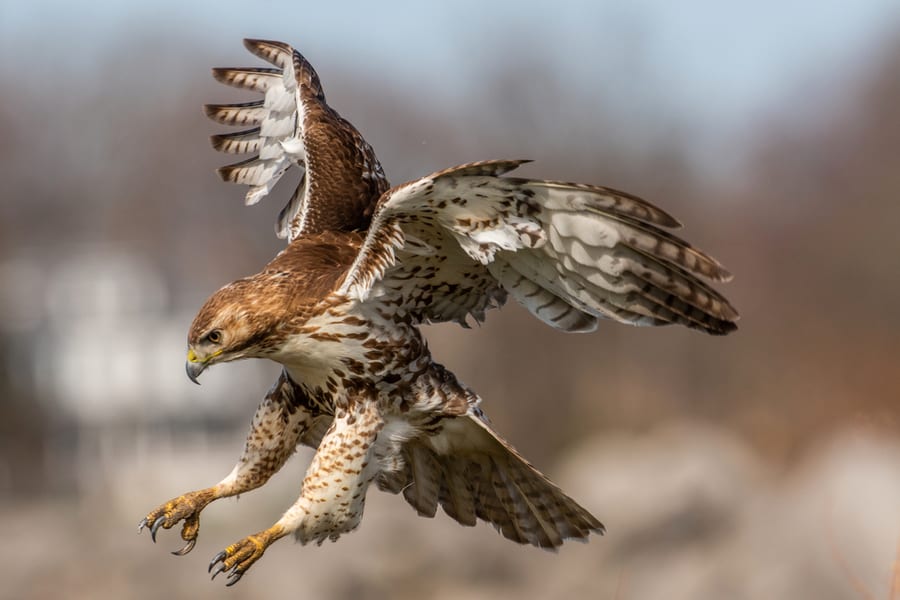
The smell of predators like hawks or owls can deter pigeons.
Commercial repellents with the scent of these predators are available to keep pigeons away from particular regions.
Pigeons are thought to be repulsed by the fragrance of predators, and when used as a repellent, it can work well to keep them out of places they are not wanted.
Conclusion
The efficiency of these odors as repellents can vary depending on the situation.
Thus, it is crucial to consider local rules and regulations before applying any repellent techniques.
It is also important to remember that no one remedy will work for everyone and that pigeons may need to be effectively deterred through various techniques.
Using smells that pigeons dislike is a viable option to keep pigeons away from specific areas where they congregate.
But this strategy should only be used sparingly and in conjunction with other techniques for the best results.
Frequently Asked Questions
Can Odors Harm Pigeons?
If absorbed in high amounts or for an extended period, certain odors, such as ammonia or mothballs, can be dangerous to people and animals, including pigeons.
As a result, it is crucial to utilize these scents sensibly and in well-ventilated places.
How Can I Keep Pigeons Away Using Smells?
There are a variety of ways to use smells to keep pigeons away. Some methods include:
- Using citrus-scented sprays or placing citrus peels in areas where pigeons gather.
- Using peppermint oil in a spray or diffuser.
- Mixing vinegar with water and spraying it in areas where pigeons are a problem.
- Placing eucalyptus leaves or using eucalyptus oil in a spray or diffuser.
- Using commercial repellents that contain the scent of predators like hawks or owls.
Are There Any Legal Considerations When Using Smells To Keep Pigeons Away?
Before using any repellent techniques, it is vital to consider the local rules and regulations.
It is critical to confirm whether and when it is appropriate to utilize a particular scent to ensure that your chosen technique will not hurt people, animals, or the environment.

